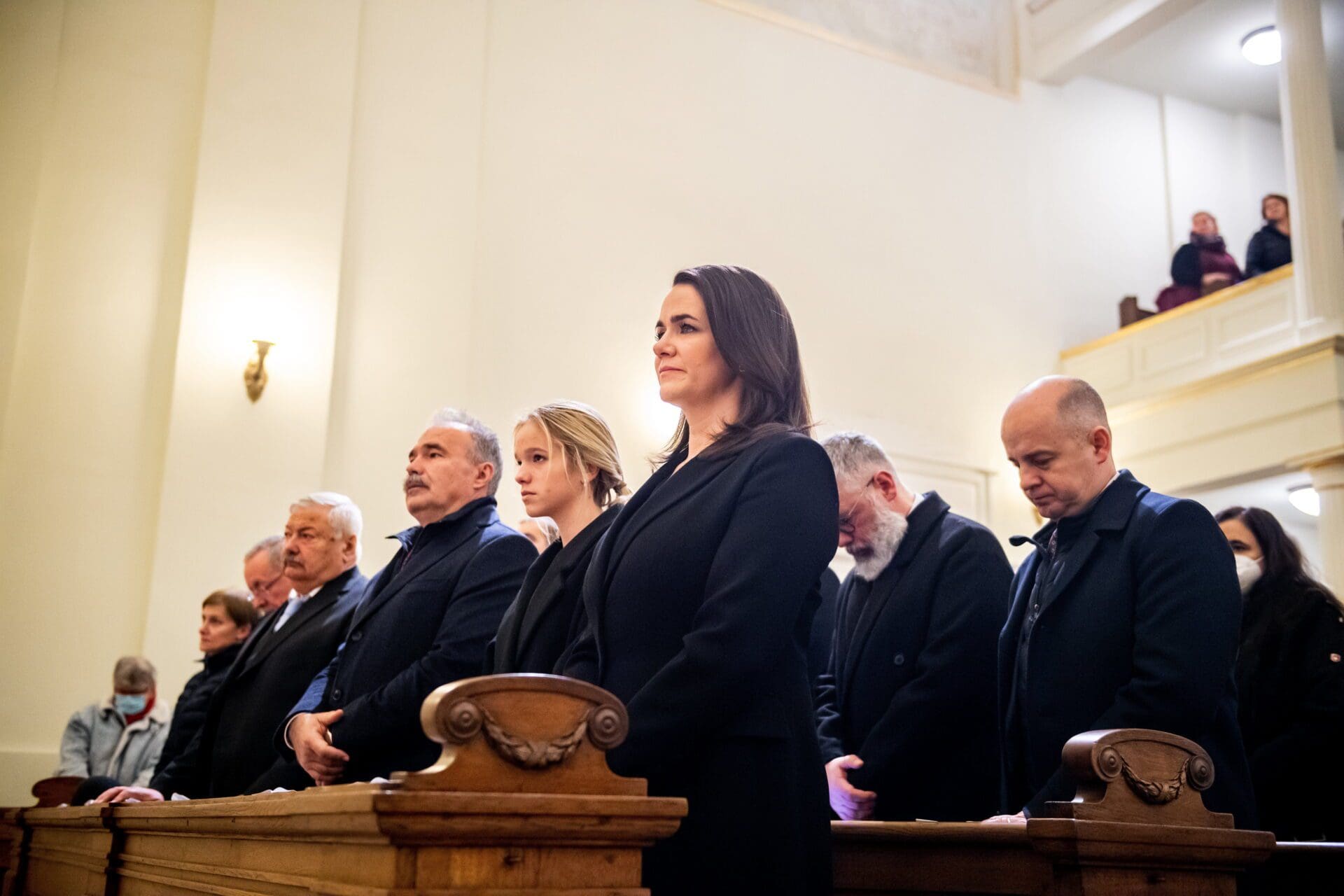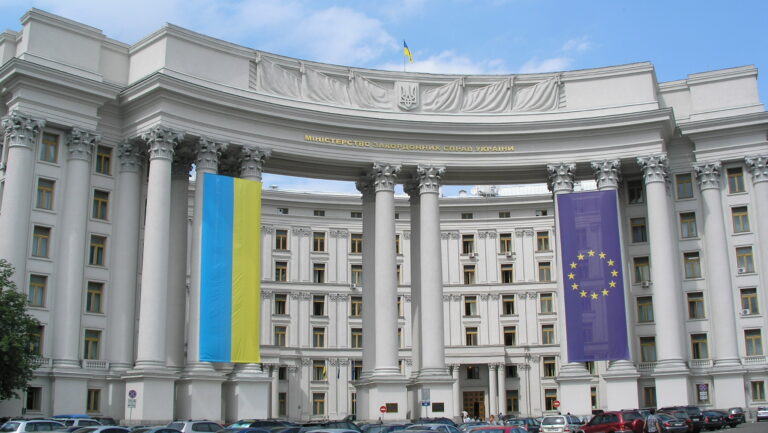As part of the International Week of Prayer for Christian Unity, held between 18 and 23 January each year, on the designated prayer days of the week, congregations from many denominations gather for worship and prayer in an ecumenical setting in Hungary as well.
‘Do Good; Seek Justice’
As part of the International Week of Prayer for Christian Unity, held between 18 and 23 January each year, on the designated prayer days of the week, congregations from many denominations gather for worship and prayer in an ecumenical setting in Hungary as well.
At the worship that opened the prayer week, Cardinal Péter Erdő, Archbishop of Esztergom-Budapest, and Tamás Fabiny, President-Bishop of the Evangelical Church of Hungary, delivered sermons at the Kálvin Square Reformed Church in Budapest last Sunday. Among other dignitaries, President of the Republic Katalin Novák and Minister of Agriculture István Nagy were also in attendance.
Since the Hungarian Catholic Bishops’ Conference and the Ecumenical Council of Hungarian Churches (MET) made this decision in 2017, the opening Sunday of the ecumenical week of prayer is also the Sunday on which persecuted Christians who are remembered in prayer. This past Sunday’s evening service offered the chance for congregations of member churches of the Ecumenical Council as well as Catholic parishes to pray for Christians who are being persecuted throughout the world, with special attention to the latest violent acts against clergymen in Nigeria.
The prophet Isaiah’s words, ‘Learn to do good, pursue justice… Learn to do good: seek justice,’ serve as the inspiration for this year’s week of prayer.
The theme for this year was chosen by the Minnesota Council of Churches operating in the United States. The members of the international committee established by the Pontifical Council for Promoting Christian Unity of the Vatican and the World Council of Churches’ Committee on Faith and Church Organization finalised the choice of the biblical text.
In their statement to the Hungarian news agency MTI, MET said that the verses chosen as the theme of the year are given a different emphasis in Hungary due to the conflict raging next door, which is the centrepiece of the prayer week booklet. ‘We learn about violent crimes in the news every day. Sister nations engage in conflict,’ MET said in their statement, adding that more than 10,000 individuals cross Hungary’s borders on a daily basis to escape the fighting. ‘Reflecting on racism and war during the week of prayer may be a good idea. Both are manifestations of hatred and evil, but we must demonstrate the virtue of Christian unity in our attitudes and actions,’ the statement concluded.
Since its inception in 1908, the ecumenical week of prayer has been conducted in Graymoor, United States, with initial attendance limited to Catholic and Anglican church members. The celebration also has a long history in Hungary.
Cardinal Erdő Highlighted Importance of Neighbourly Love
In his sermon delivered on Sunday evening, Péter Erdő, archbishop of Esztergom-Budapest, said: ‘When we meet the other person, we meet Jesus himself, who is waiting for our answer. Jesus expects us to treat everyone with the same degree of love that we owe him.’
The archbishop stressed that those who only exists in the present, who only view the world from the perspective of their age and circumstances, and who are completely engrossed in their daily activities, have a very poor quality of life. ‘Jesus is the being who, in all of his wholeness, is able to love everyone he comes in contact with. He who does not shun the aged and the sick, he embraces and loves children,’ Erdő added. He reminded that Christians must allow Jesus to rule in their hearts in order to be able to live a full life.






